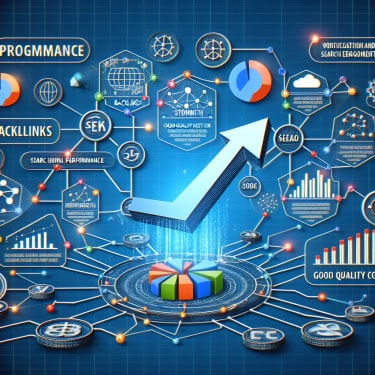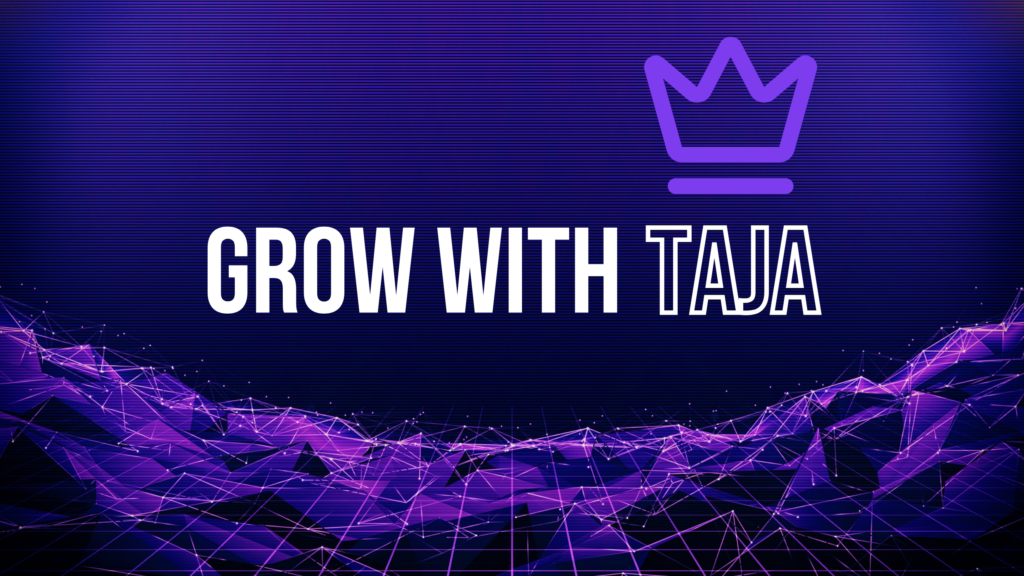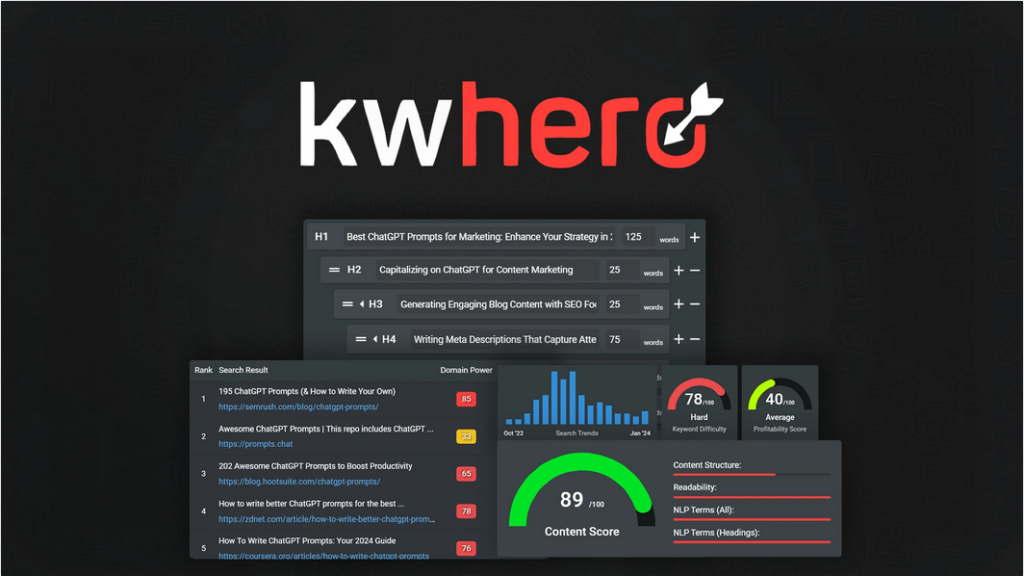Programmatic AI SEO Content Performance
In the realm of digital marketing and search engine optimization (SEO), programmatic AI technology has revolutionized the way content is created, managed, and optimized for performance. With the ability to analyze vast amounts of data and make real-time decisions, programmatic AI has become a powerful tool for improving SEO content performance.
SEO Content Performance
Programmatic AI is revolutionizing the way SEO Content Performance is measured. By utilizing AI content algorithms, marketers can now optimize their content based on actual data rather than just assumptions. This means that factors such as search volume, SEO keywords, and content quality can all be analyzed to improve a website’s organic search ranking. Additionally, programmatic AI can help predict how a piece of content will perform on the SERP before it is even published, allowing for adjustments to be made in real time.
What is Programmatic AI?
Programmatic AI refers to the use of artificial intelligence (AI) algorithms to automate the process of buying and optimizing digital advertising. In the context of SEO content performance, programmatic AI can analyze user behavior, search trends, and competitor data to generate insights and recommendations for improving content effectiveness.
Programmatic AI utilizes machine learning algorithms to process and analyze large datasets, enabling it to identify patterns and trends that may not be apparent to human marketers. By continuously learning and adapting, programmatic AI can provide valuable insights into audience behavior and preferences, helping marketers tailor their content strategies for maximum impact.
Read about Programmatic AI SEO Content Audit
Additionally, programmatic AI can automate the process of content optimization, allowing marketers to make real-time adjustments based on user interactions and search engine algorithms. This dynamic approach ensures that content remains relevant and engaging, ultimately leading to improved SEO performance.
Moreover, programmatic AI can provide personalized content recommendations based on individual user preferences and behaviors. By delivering content that resonates with each user, marketers can increase engagement, drive conversions, and build long-term customer relationships.
Benefits of Programmatic AI for SEO Content Performance
- Data-Driven Insights: Programmatic AI can analyze large volumes of data to identify patterns and trends that can inform content strategies. By leveraging data-driven insights, marketers can make informed decisions that drive content performance and improve SEO rankings.
- Real-Time Optimization: With programmatic AI, content can be dynamically optimized based on user interactions and search engine algorithms. This real-time approach ensures that content remains relevant and competitive in the ever-changing digital landscape.
- Personalization: AI can tailor content to individual user preferences and behaviors, leading to higher engagement and conversion rates. By delivering personalized content experiences, marketers can create meaningful connections with their target audience and drive brand loyalty.
- Efficiency: By automating content optimization processes, programmatic AI can save time and resources for digital marketers. This efficiency allows marketers to focus on strategy and creativity, rather than manual tasks, ultimately improving overall productivity and ROI.
Strategies for Leveraging Programmatic AI for SEO Content Performance
- Keyword Optimization: Programmatic AI tools can identify high-performing keywords and suggest related terms to improve content relevance and visibility. By optimizing content for relevant keywords, marketers can attract more organic traffic and improve search engine rankings.
- Content Recommendations: AI algorithms can recommend topics, formats, and structures that resonate with target audiences and search engines. By following AI-driven content recommendations, marketers can create compelling and engaging content that drives user engagement and conversions.
- Competitor Analysis: By analyzing competitor content performance, AI can uncover opportunities for creating more competitive and engaging content. By understanding competitor strategies and performance metrics, marketers can identify gaps and opportunities to enhance their own content strategies.
- Performance Tracking: Programmatic AI can track content performance metrics in real-time and provide insights for continuous optimization. By monitoring key performance indicators (KPIs) and adjusting content strategies accordingly, marketers can improve SEO performance and achieve business objectives.
Case Study: Programmatic AI Implementation for SEO Content Performance
A leading e-commerce company utilized programmatic AI technology to enhance its content marketing strategy and improve SEO performance. By leveraging AI-powered tools for keyword research, content creation, and performance tracking, the company was able to achieve:
- Increased Organic Traffic: AI-driven content recommendations led to a significant increase in organic search traffic. By optimizing content for high-performing keywords and user intent, the company attracted more qualified traffic to its website.
- Improved Conversion Rates: Personalized content based on AI insights resulted in higher conversion rates and customer engagement. By delivering relevant and tailored content experiences, the company was able to drive conversions and increase revenue.
- Enhanced User Experience: By optimizing content with AI, the company improved user experience and reduced bounce rates. By delivering engaging and informative content, the company was able to keep users on its website longer and encourage repeat visits.
Future Trends in Programmatic AI SEO Content Performance
As technology continues to evolve, the role of programmatic AI in SEO content performance is expected to expand. Some future trends to watch out for include:
- Voice Search Optimization: AI-powered tools will play a crucial role in optimizing content for voice search queries and virtual assistants. By understanding voice search patterns and user behavior, marketers can create content that is optimized for voice search and improves visibility in search results.
- Predictive Analytics: Programmatic AI can forecast content performance and user behavior trends, allowing marketers to proactively adjust strategies. By leveraging predictive analytics, marketers can anticipate changes in user behavior and preferences, enabling them to stay ahead of the competition and drive better results.
- Content Automation: AI-driven content generation tools will streamline the process of creating and distributing high-quality, SEO-optimized content. By automating content creation and distribution, marketers can scale their content efforts, reach a larger audience, and drive more traffic and conversions.
In conclusion, programmatic AI technology offers numerous benefits for improving SEO content performance. By leveraging AI-driven insights, recommendations, and optimizations, digital marketers can enhance their content strategies and achieve better results in search engine rankings and user engagement.
FAQ
What is Programmatic AI?
Programmatic AI refers to the use of artificial intelligence (AI) algorithms to automate the process of buying and optimizing digital advertising. In the context of SEO content performance, programmatic AI can analyze user behavior, search trends, and competitor data to generate insights and recommendations for improving content effectiveness.
What are the benefits of Programmatic AI for SEO Content Performance?
- Data-Driven Insights: Programmatic AI can analyze large volumes of data to identify patterns and trends that can inform content strategies.
- Real-Time Optimization: With programmatic AI, content can be dynamically optimized based on user interactions and search engine algorithms.
- Personalization: AI can tailor content to individual user preferences and behaviors, leading to higher engagement and conversion rates.
- Efficiency: By automating content optimization processes, programmatic AI can save time and resources for digital marketers.
What strategies can be used to leverage Programmatic AI for SEO Content Performance?
- Keyword Optimization: Programmatic AI tools can identify high-performing keywords and suggest related terms to improve content relevance and visibility.
- Content Recommendations: AI algorithms can recommend topics, formats, and structures that resonate with target audiences and search engines.
- Competitor Analysis: By analyzing competitor content performance, AI can uncover opportunities for creating more competitive and engaging content.
- Performance Tracking: Programmatic AI can track content performance metrics in real-time and provide insights for continuous optimization.


